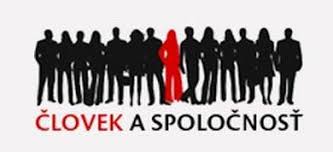Etnické zloženie a život minorít v Békešskej Čabe
Ethnic Composition and the Life of Minorities in Békéscsaba
Author(s): Tünde Tušková, Alžbeta Uhrinová-HornokováSubject(s): Cultural history, Social history, 18th Century, 19th Century, Ethnic Minorities Studies
Published by: SAV - Slovenská akadémia vied - Spoločenskovedný ústav SAV
Keywords: Békéscsaba/Békešská Čaba; Ethnic minorities; Germans; Poles; Roma; Romanians; Slovaks; Úvod;
Summary/Abstract: In 2018 Békéscsaba celebrated the 300th anniversary of its re-establishment. The town was re-established in the first half of the 18th century by Slovak settlers, who until the end of the 19th century formed significant majority of the population. Later Békéscsaba gradually turned to a multinational and multicultural settlement, where besides the Hungarians also representatives of other nationalities live. Nowadays the social and cultural activities of the city are developed besides the Hungarians by Roma, Polish, German, Romanian and Slovak inhabitants. Slovaks, who have the richest traditions here, play the most important role in the city‘s life of all ethnic minorities. The aim of this study is to present the ethnic composition of Békéscsaba, the life of the Slovaks, as well as other nationalities in the city. The sources of the study include previous academic literature and monographies about Békéscsaba, as well as other materials, such as interviews from 2010/2018 and the reports of the minority self-governments. Based on the research findings we can state that Békéscsaba is a multinational and multicultural settlement even nowadays. The linguistic, cultural and economic potential of the ethnic minorities, along with their network, enriches the life of the city. Each ethnic minority considers important the protection and development of their language, the preservation of their traditions, culture and ethnic identity, as well as a peaceful co-habitance with each other and with the Hungarian majority. Majority of the city’s inhabitants consider „being different“ a value and an advantage, even if many people in Békéscsaba/Hungary hold the attitude of indifference towards ethnic minorities.
Journal: Človek a spoločnosť
- Issue Year: 22/2019
- Issue No: Suppl.
- Page Range: 137-147
- Page Count: 11
- Language: Slovak

